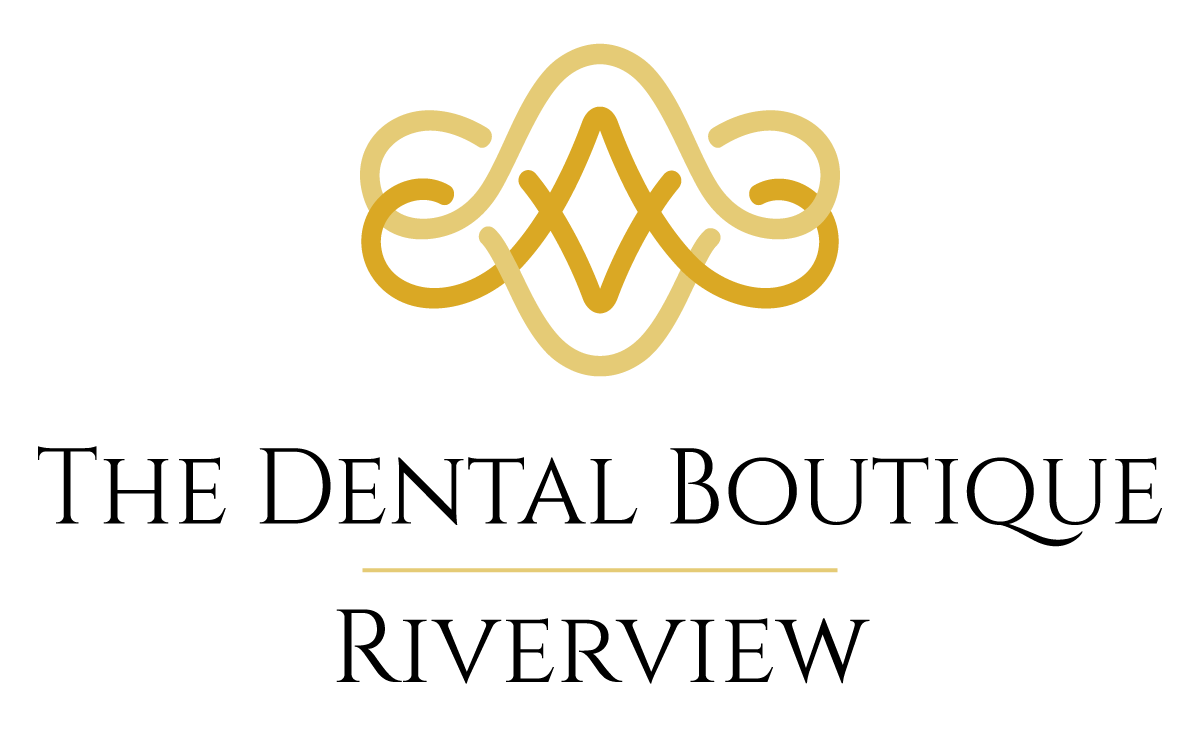Top Tips for Maintaining Dental Implants: Expert Care and Cleaning Recommendations
Dental implants are widely recognized as the preferred solution for tooth replacement, offering a long-lasting, functional, and aesthetically pleasing alternative to traditional dentures or bridges.
With the potential to last a lifetime, dental implants provide numerous benefits, such as enhanced chewing ability and confidence in one's smile. However, like your natural teeth, dental implants require ongoing care and maintenance to ensure their durability and long-term success. At The Dental Boutique Riverview, we want to help our patients make the most of their dental implants by offering expert advice on proper care and cleaning practices.
In this comprehensive guide, we will explore the essential aspects of maintaining your dental implants, focusing on daily cleaning and maintenance, regular dental checkups, and professional cleanings. We will also discuss the importance of a balanced diet in maintaining optimal oral health and ensuring the continued success of your dental implants.
Understanding the unique requirements associated with dental implant care is critical for protecting your investment and enjoying the full range of benefits they can offer. We aim to empower you with detailed information and practical tips to help you care for your implants and ensure they remain a functional and aesthetically pleasing part of your smile for years to come.
Are you considering dental implants or looking for advice on how to best care for your existing implants? Schedule an appointment with The Dental Boutique Riverview's team of experienced professionals to discuss your unique needs and learn how we can help you maintain a radiant, healthy smile with dental implants.
Top Tips for Maintaining Dental Implants: Expert Care and Cleaning Recommendations
Daily Implant Cleaning and Maintenance
1. Brush Your Teeth
To maintain both natural teeth and dental implants, it's crucial to brush at least twice a day using a soft-bristled toothbrush. Electric toothbrushes can be particularly beneficial, as they tend to be gentle on dental restorations while providing a thorough, consistent clean. Opt for non-abrasive toothpaste to avoid scratching the surface of your implants.
2. Floss Daily
Flossing is vital for keeping the areas around your dental implants clean and free from plaque buildup. Specialized floss for implants is available, designed to navigate around the abutment and clean hard-to-reach areas. Alternatively, interdental brushes or water flossers can be effective in cleaning the spaces where traditional floss might not reach.
3. Rinse with a Mouthwash
Rinsing with an antimicrobial mouthwash can help reduce bacteria in your mouth, further protecting your dental implants and natural teeth. Choose a non-alcoholic, implant-safe mouthwash to avoid potential irritation or dryness.
Regular Dental Checkups and Professional Cleanings
1. Schedule Regular Dental Exams
Regular dental checkups are essential for monitoring the health of your dental implants, along with your natural teeth and gums. During your exam, your dentist can evaluate the implants' stability, check for potential issues, and recommend any necessary adjustments or care.
2. Professional Cleanings
Although daily at-home care is critical, professional dental cleanings can remove any remaining plaque or tartar buildup and ensure optimal oral health. Your dental hygienist will also provide personalized advice for maintaining your dental implants based on your unique oral health needs.
3. Seek Implant Maintenance as Needed
In some cases, dental implants may require periodic adjustments or maintenance, such as tightening abutment screws or replacing the implant crown. By attending regular dental checkups, you can ensure any required maintenance is identified and addressed promptly.
Maintaining a Balanced Diet for Optimal Oral Health
1. Foods to Include
A balanced, nutrient-rich diet can contribute to better oral health, supporting strong teeth, healthy gums, and successful dental implants. Foods rich in calcium and vitamin D (such as dairy products, leafy greens, and fortified cereals) can help maintain strong bones and support the jawbone surrounding your implants. Additionally, fruits and vegetables high in antioxidants, vitamin C, and vitamin A can promote gum health.
2. Foods to Avoid
To protect your dental implants, minimize the consumption of hard or sticky foods that could potentially damage or dislodge your implant crown. These may include hard candies, nuts, ice, or sticky taffy. Additionally, limit your intake of sugary or acidic foods and beverages, which can contribute to tooth decay and gum disease.
Understanding Potential Complications
1. Peri-implantitis
Peri-implantitis is an inflammatory condition affecting the tissues around dental implants. It occurs due to bacterial infections and can lead to bone loss if left untreated. Maintaining proper oral hygiene, attending regular dental checkups, and seeking treatment at the first sign of symptoms can help prevent complications.
2. Mechanical Implant Failure
Although rare, mechanical failure can occur in dental implants due to overloading or damage to the implant components. Regular dental checkups can help identify any issues and address them before significant problems arise.
Final Thoughts
As a dental implant patient, it's essential to understand the importance of proper care and maintenance in ensuring the success and longevity of your investment. By implementing a daily cleaning routine and making time for regular dental checkups and professional cleanings, you can enjoy the full range of benefits associated with dental implants.
In addition to daily at-home care, maintaining a balanced diet rich in essential nutrients can further contribute to optimal oral health and the success of your dental implants. Stay mindful of potential complications and seek prompt treatment if any symptoms or concerns arise.
At The Dental Boutique Riverview, our dedicated team of experienced professionals is here to assist and educate you on the best practices for maintaining
dental implants. Whether you're considering dental implants or need advice on caring for your existing implants, schedule an appointment with us. We're committed to guiding and supporting your journey towards a radiant, healthy smile.
Contact
Phone:
Business Hours
- Mon - Fri
- -
- Saturday
- -
- Sunday
- Closed
All Rights Reserved | Dentist Websites by Energize Group

